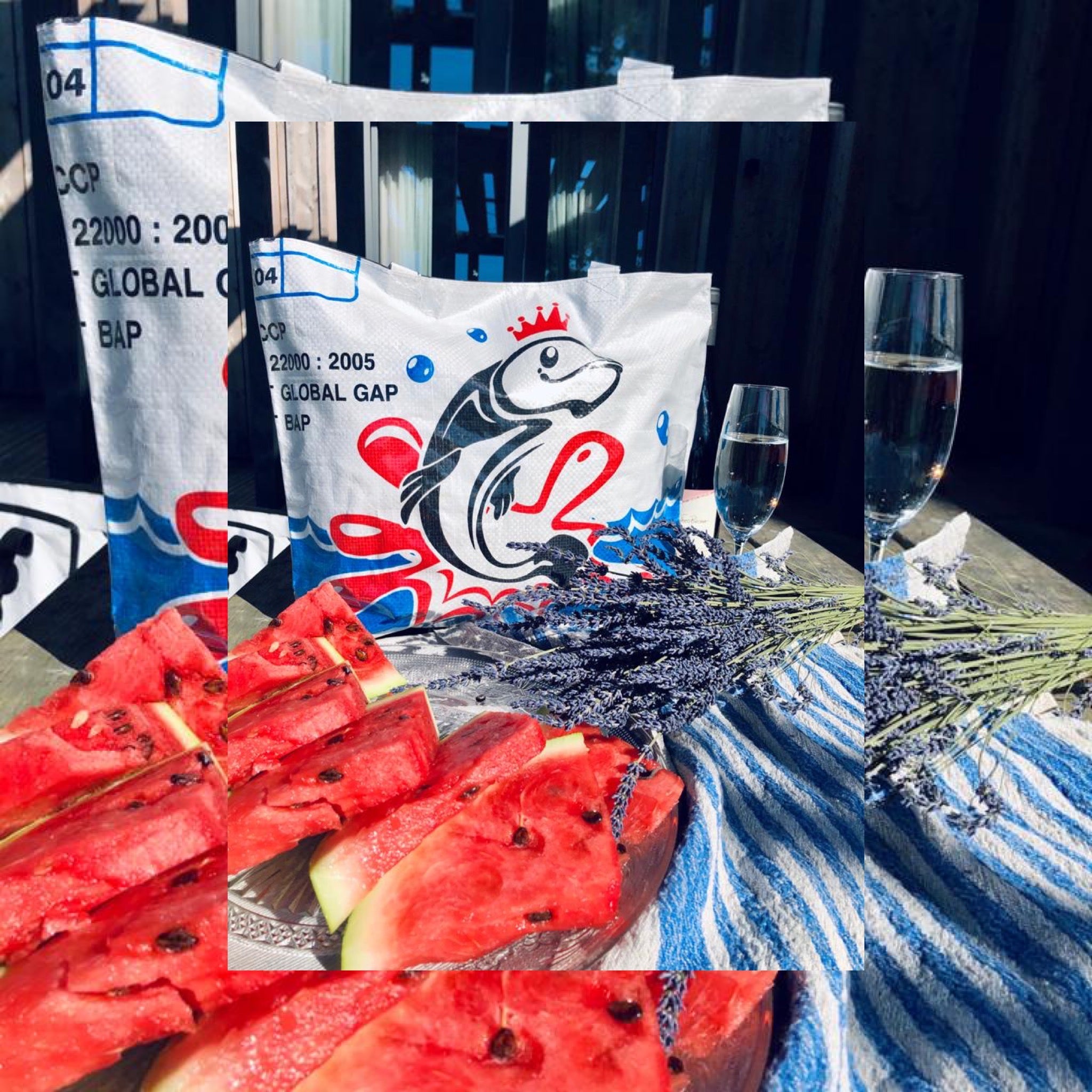
Sustainable diets
Our food choices can make a positive difference to people and nature – improving our own health, the health of others, and the health of the planet. But over-dependence on select foods, a lack of diversity in our diets and the continued consumption of unsustainably produced items, have a harmful impact on nature and humans. (WWF)Almost every country faces challenge due to eating habits, it can be obesity, under-eating, eating low-nutrition food. But what we are eating also affects climate and living fauna. Our diets generally are to narrow. Even though it might look that our diet has a lot of variety, in reality we get roughly 75 per cent of our total calories from just 12 crops and five animals. That lack of food diversity creates a shortage of products, results in lack of diversity in nature and leaves our health less resilient. For example, over-fishing and pesticide used to increase crop yields is threatening entire ecosystems.
Overall this problem in sustainability of food chain will create a shortfall of food in the world by 2050, worsened by rapidly growing population in the world (approximately 3 billion more by 2050), and increasing consumption of the more resource-intensive animal based foods. Our very slow pace of change to more sustainable production and consumption will create a massive food gap.It is estimated that in crops, by 2050, the food gap will be 50%. The land gap in space needed for growing those crops is estimated to be as big as India.I thought about practical solutions for sustainable eating. I felt challenged, and after conducting some desktop research I found a lot of useful information is available about sustainable eating. Pulling it all together, and adding my own taste to it, I came up with this:Let’s reduce food waste!Approximately one-quarter of food produced for human consumption goes uneaten. Food waist occurs in entire food chain from production to our table. We consumers can certainly reduce food waste from our side, for example by buying less but better quality produce. Eat sustainably, by knowing where your food comes from, perhaps considering local or organic food. I understand it is easier to stock a freezer for a week with pre-made diners and frozen vegetables, where half of it will be thrown away eventually. Raising your awareness about the importance of reduced food waste is a necessary step to sustainable living. Don’t let convenience drive your decision making!
Let’s eat more diverse plant base food!Middle classes in developed countries, or wealthier people in developing countries, are typically consuming far more meat and other animal protein than is required for nutrition. A lot of this is unsustainably produced.WWF suggests we pay attention to achieving a healthy, balanced and diverse diet that is relevant to your culture. I believe that some cultures would benefit from reducing the amount of certain products they eat. Eat a varied and balanced diet - too much of any one ingredient won’t be good for you or the planet! Eat different food groups and different foods within those groups.You don’t need to go vegan, but eating a large amount of plant based food, larger in proportions than meat based food, is beneficial for all of us health-wise. For example the World Health Organisation found connections between over-consumption of red processed meat, and occurrence of cancer and heart problems.Public Health England’s Eatwell Guide 2016Synergy between healthy- and sustainable-eating
There is clear alignment between healthy diets and sustainable diets, and it's important to recognise the impact that eating patterns have beyond immediate health.Unfortunately, apart of our own dietary challenges there is also political ones, where business interests are respected over scientific advice. So if we as consumers can make better choices, if we all start think bigger beyond our plate, we might live for a purpose and not just as a simple consumer - a more responsible consumer.






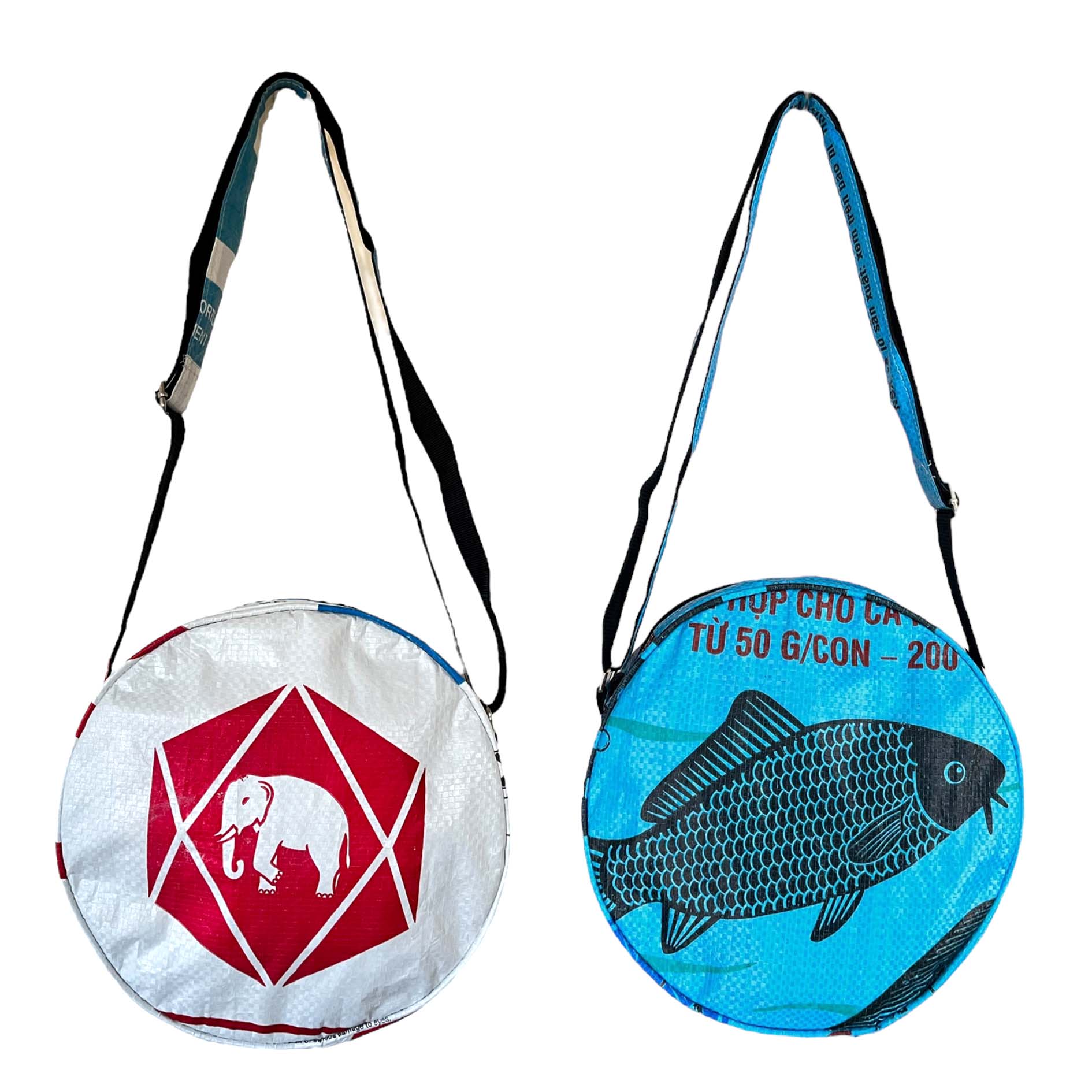
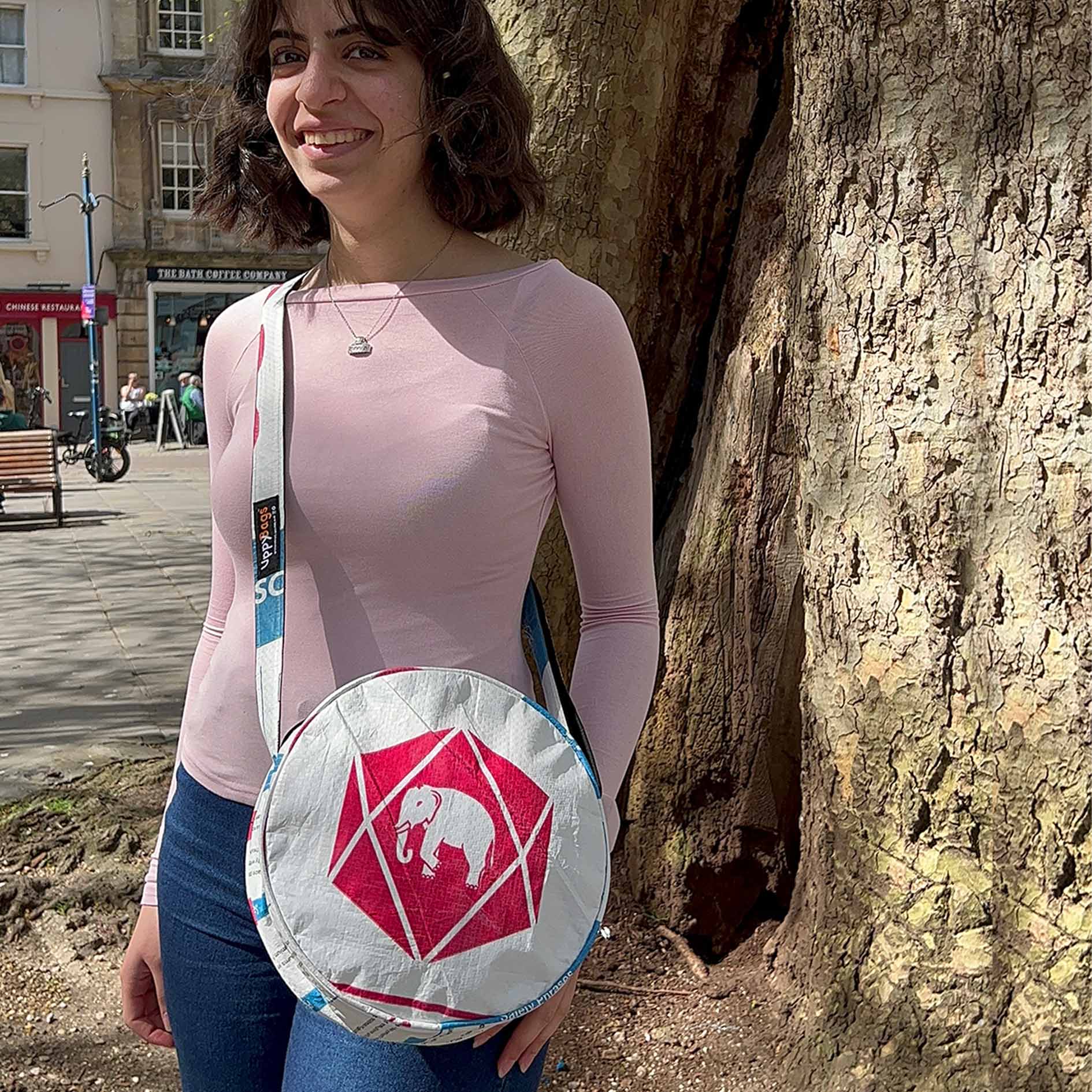

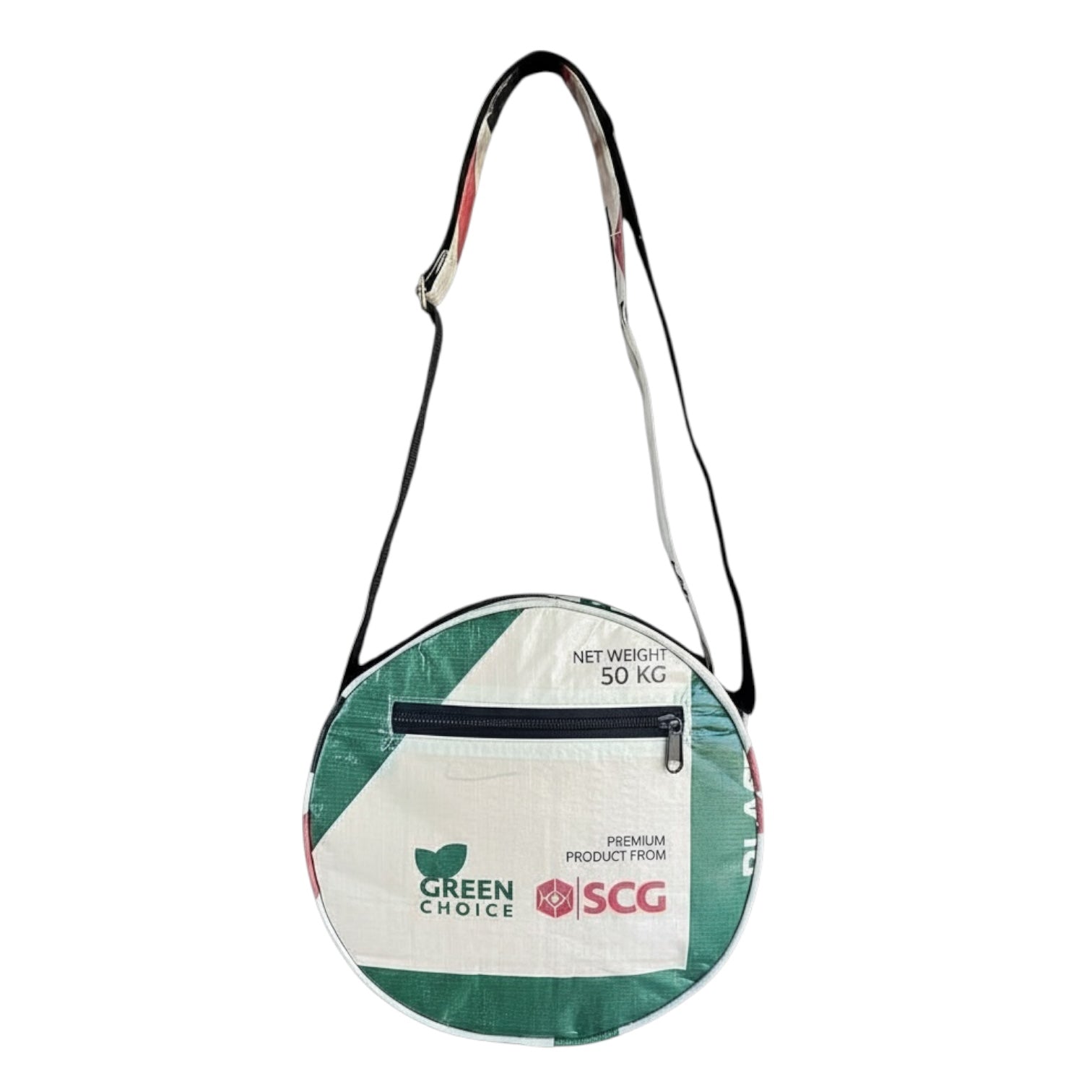
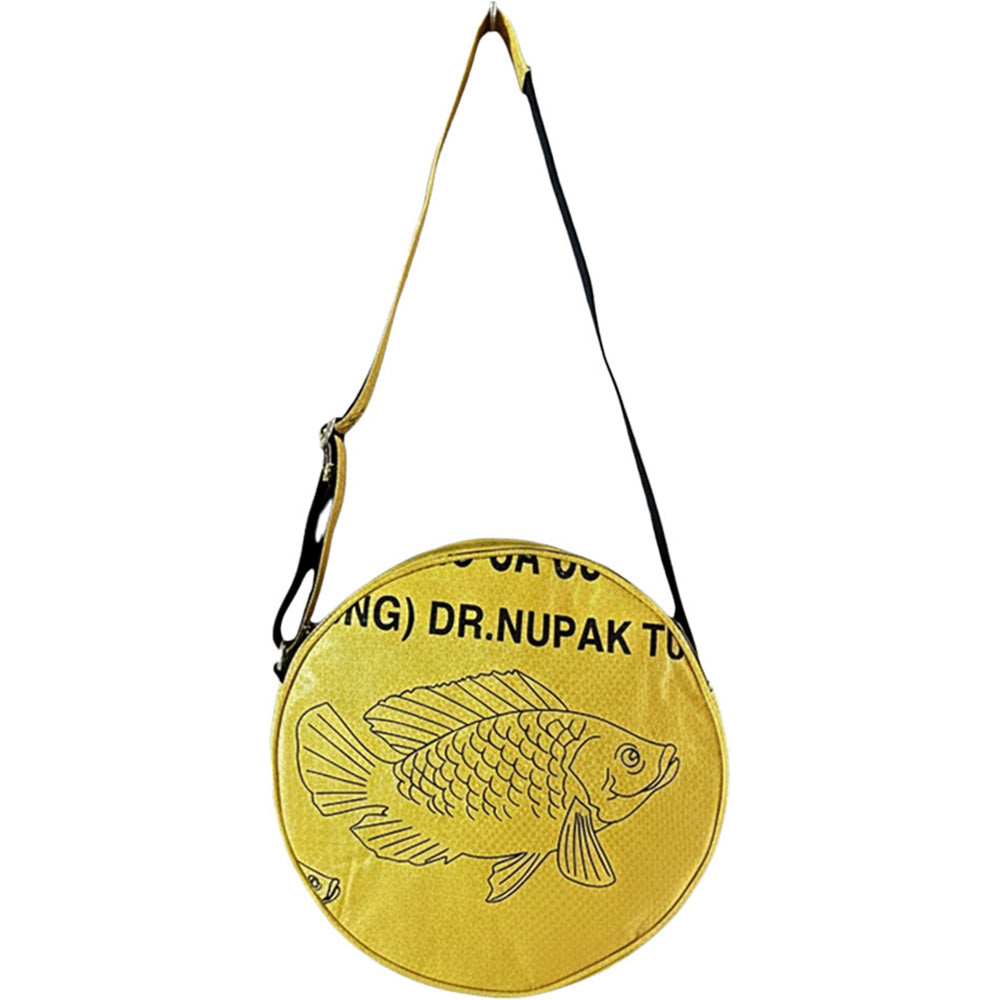
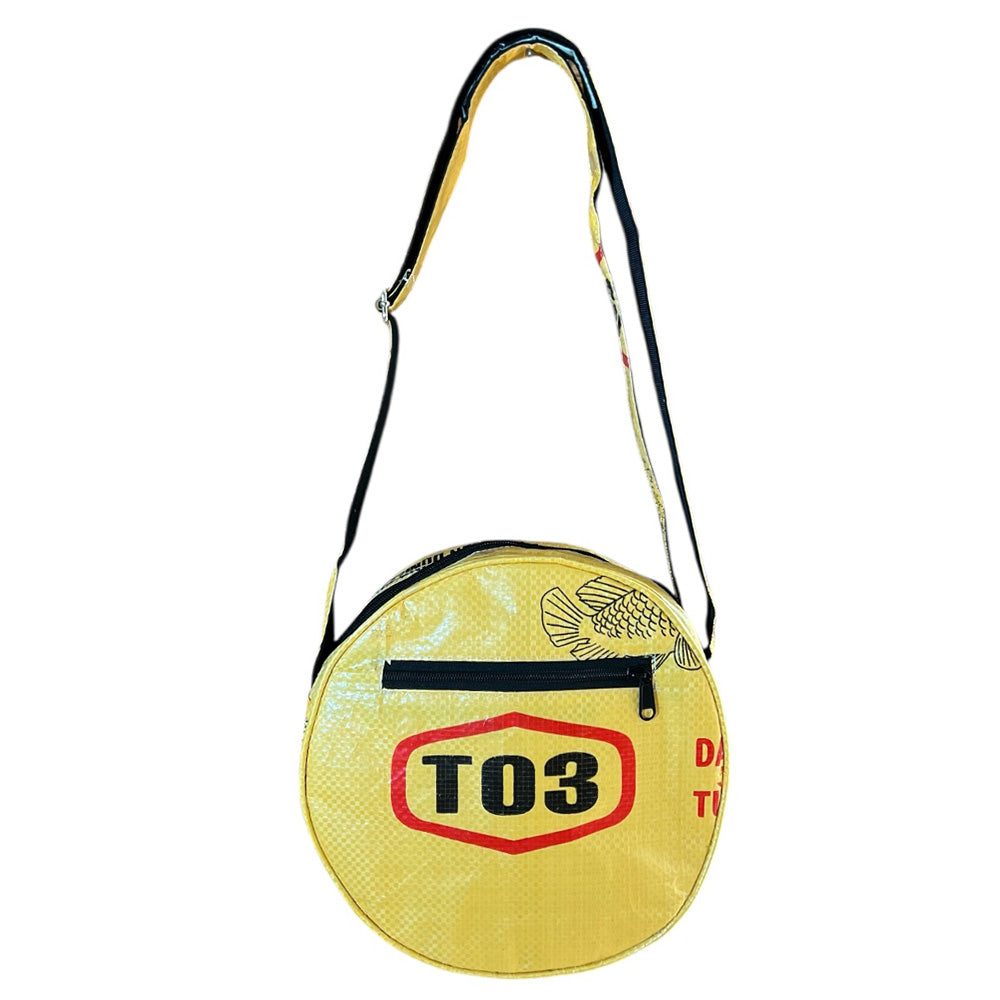

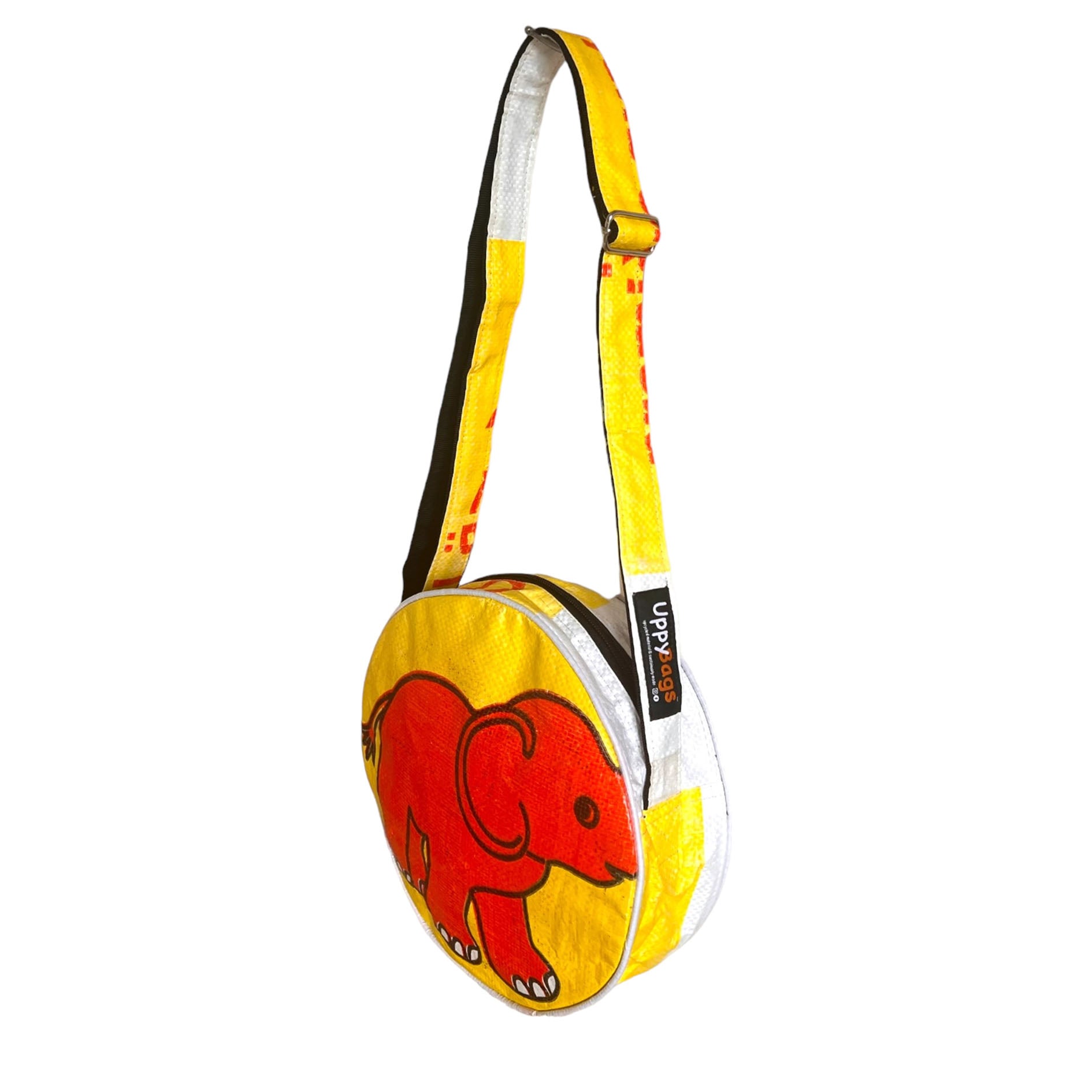
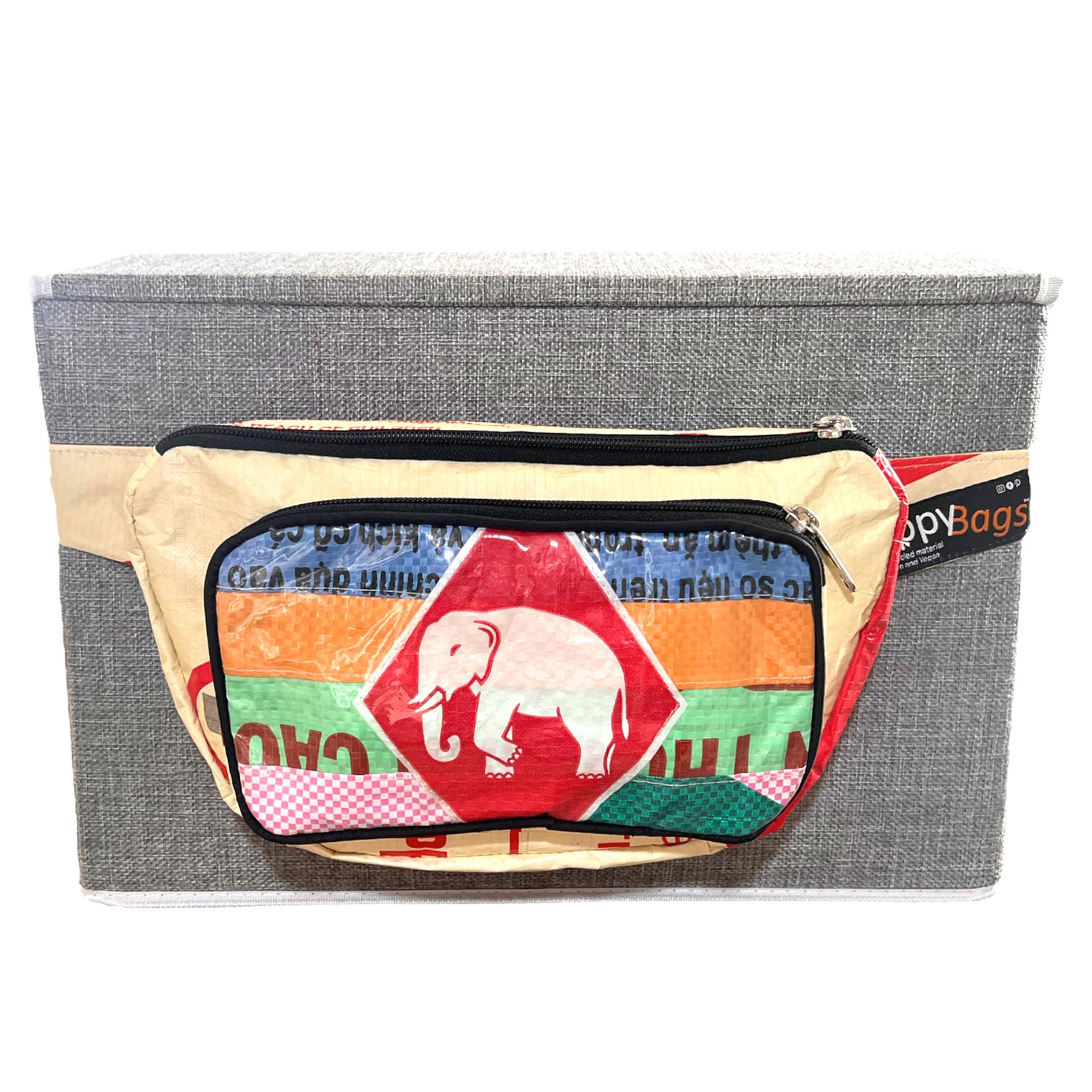
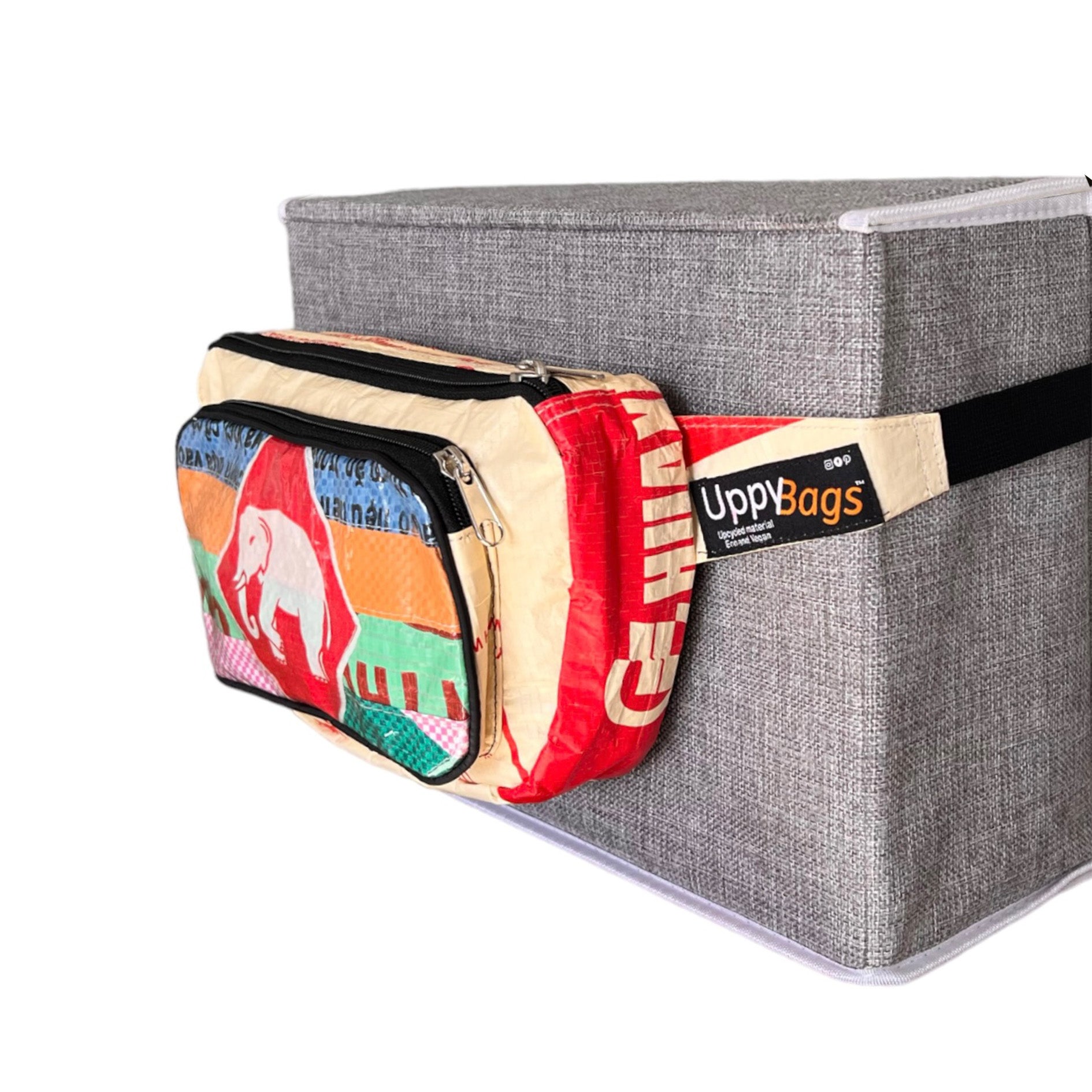



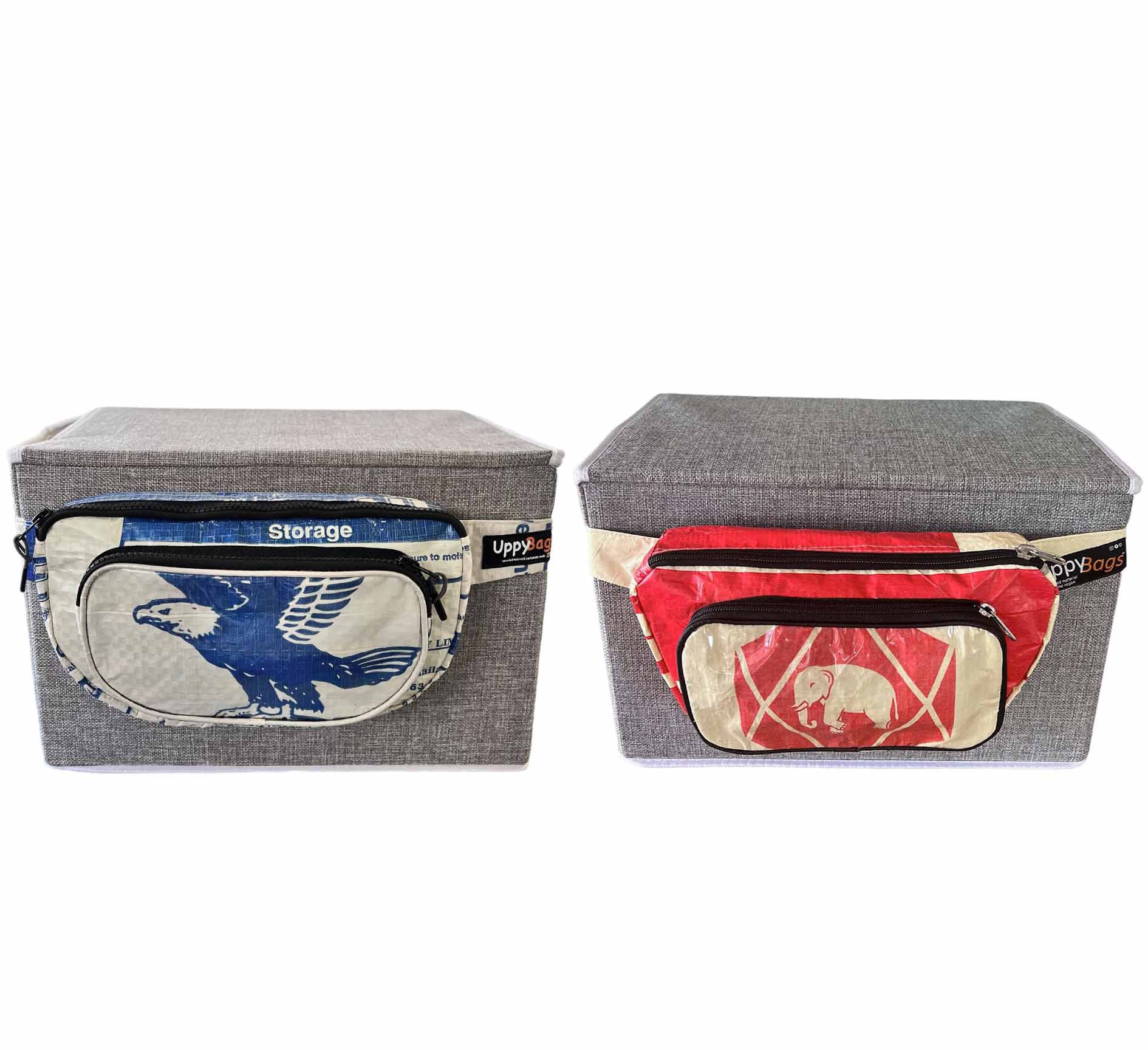
Leave a comment
This site is protected by hCaptcha and the hCaptcha Privacy Policy and Terms of Service apply.